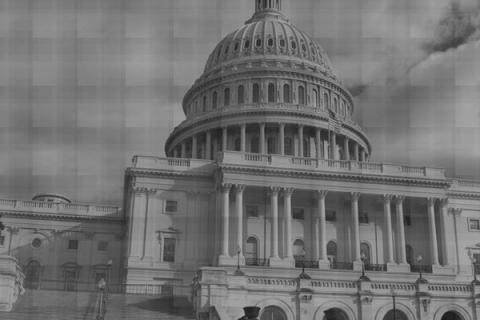The city of San Diego recently passed a resolution placing limits on political donations by political parties. It is likely to withstand any constitutional challenge. In response to ongoing efforts to regulate the influence of money in politics, the city council implemented donation limits of $10,000 per election per district candidate and $20,000 per election per citywide candidate.
These limits are scheduled to take effect on July 20, if Mayor Bob Filner provides a signature by June 18.
Currently, San Diego has an individual donation limit of $550 per City Council candidate per election and $1,000 per mayoral or city attorney candidate per election. Individuals frequently circumvented these restrictions by donating money to political parties who passed on these donations to certain candidates.
In an effort to combat this corruption, but retain participation in the election process, San Diego’s City Council placed the limits on political donations by political parties.
These donation caps will likely be upheld if challenged in court. Previously, San Diego implemented a limit of $1,000 for contributions from political parties to campaigns. A judge invalidated the regulation in Thalheimer v. City of San Diego because it was unconstitutionally low.
The Supreme Court held in Randall v. Sorrell that limits on political donations are constitutional as long as challengers are not deprived of effective campaigns against incumbent officeholders as a result of the political donation caps.
In Montana, $18,000 limits on political donations for gubernatorial races were upheld. In comparison to other major cities, San Diego is among the top with highest caps (in terms of dollar amount) on political donations by parties to candidates, with Jacksonville, Chicago, Indianapolis, and Columbus with higher or nonexistent limits.
Because San Diego's new limits will be less restrictive than previous efforts, mirroring Montana's constitutional limits, it is likely that it will withstand any constitutional challenge.
Despite these new limits, political parties still retain the ability to affect the election process through communication with its members and by independent expenditures. The latter option is also available to individuals acting on their own accord to support candidates. Additionally, special-interest group spending is not subjected to any limits on political donations.

